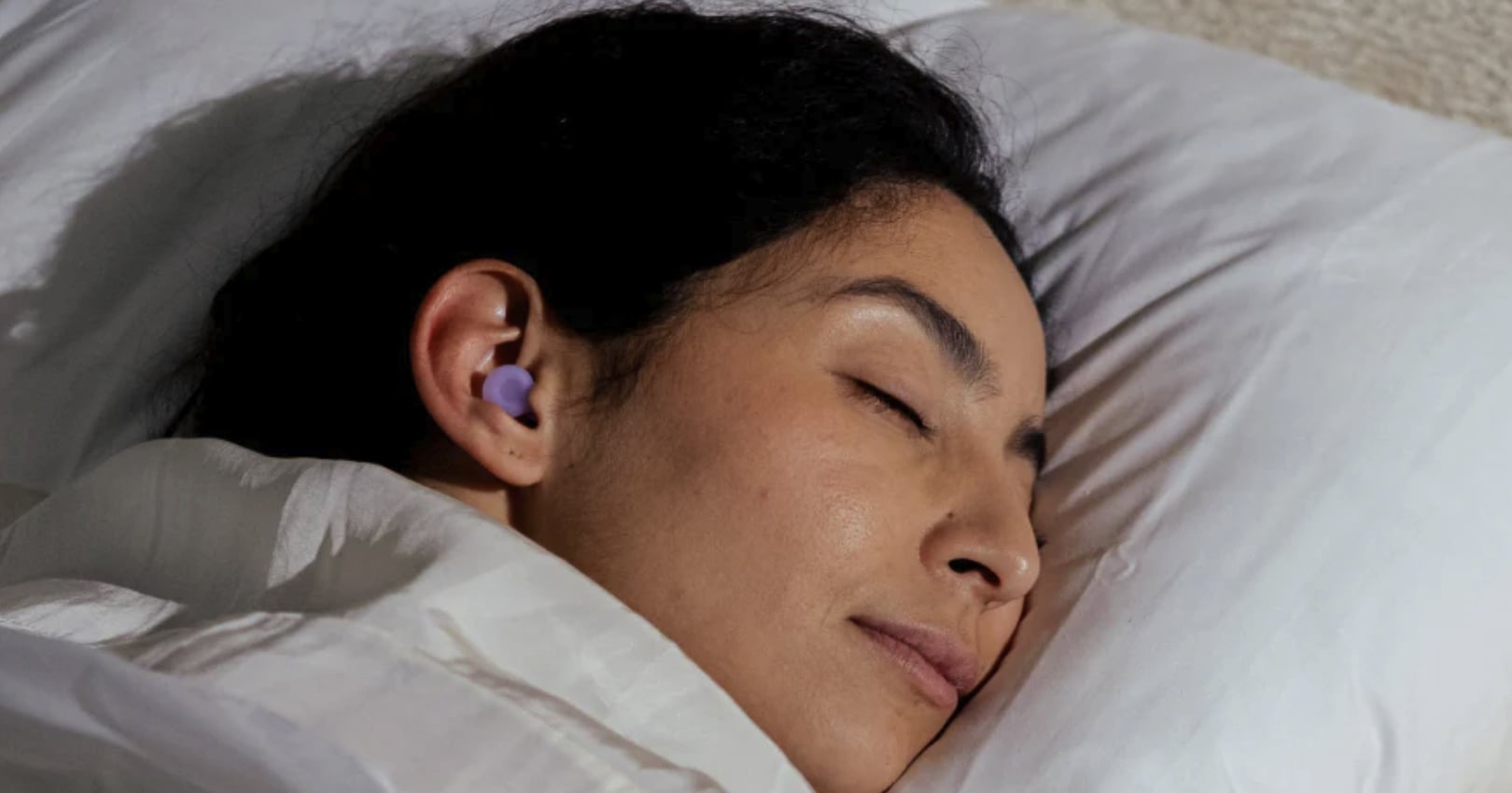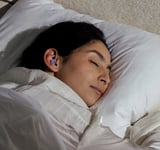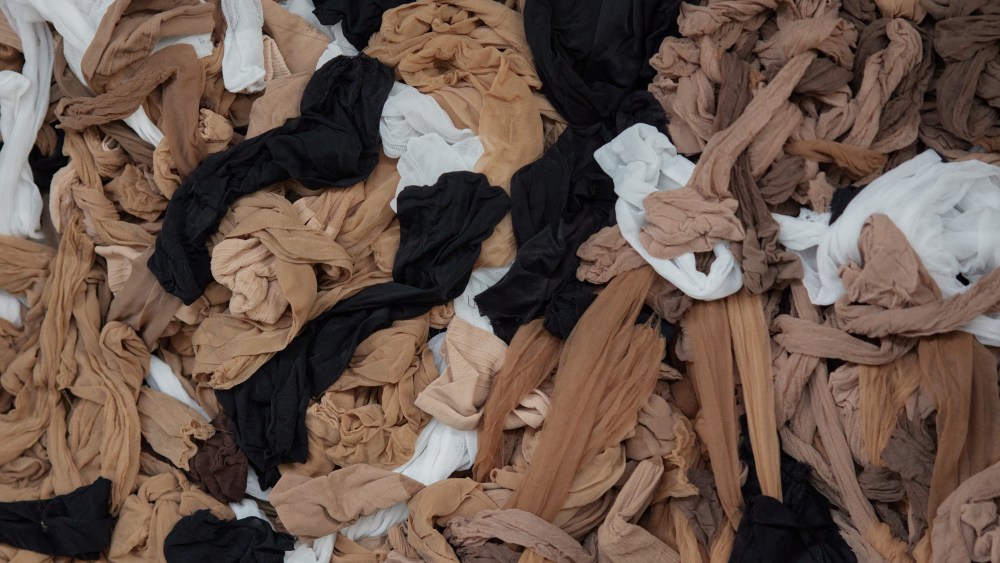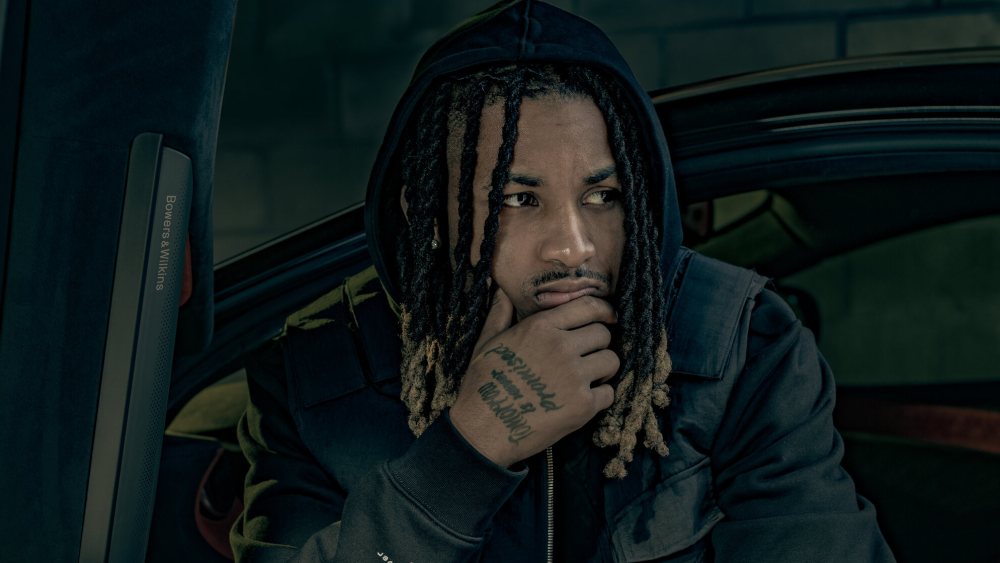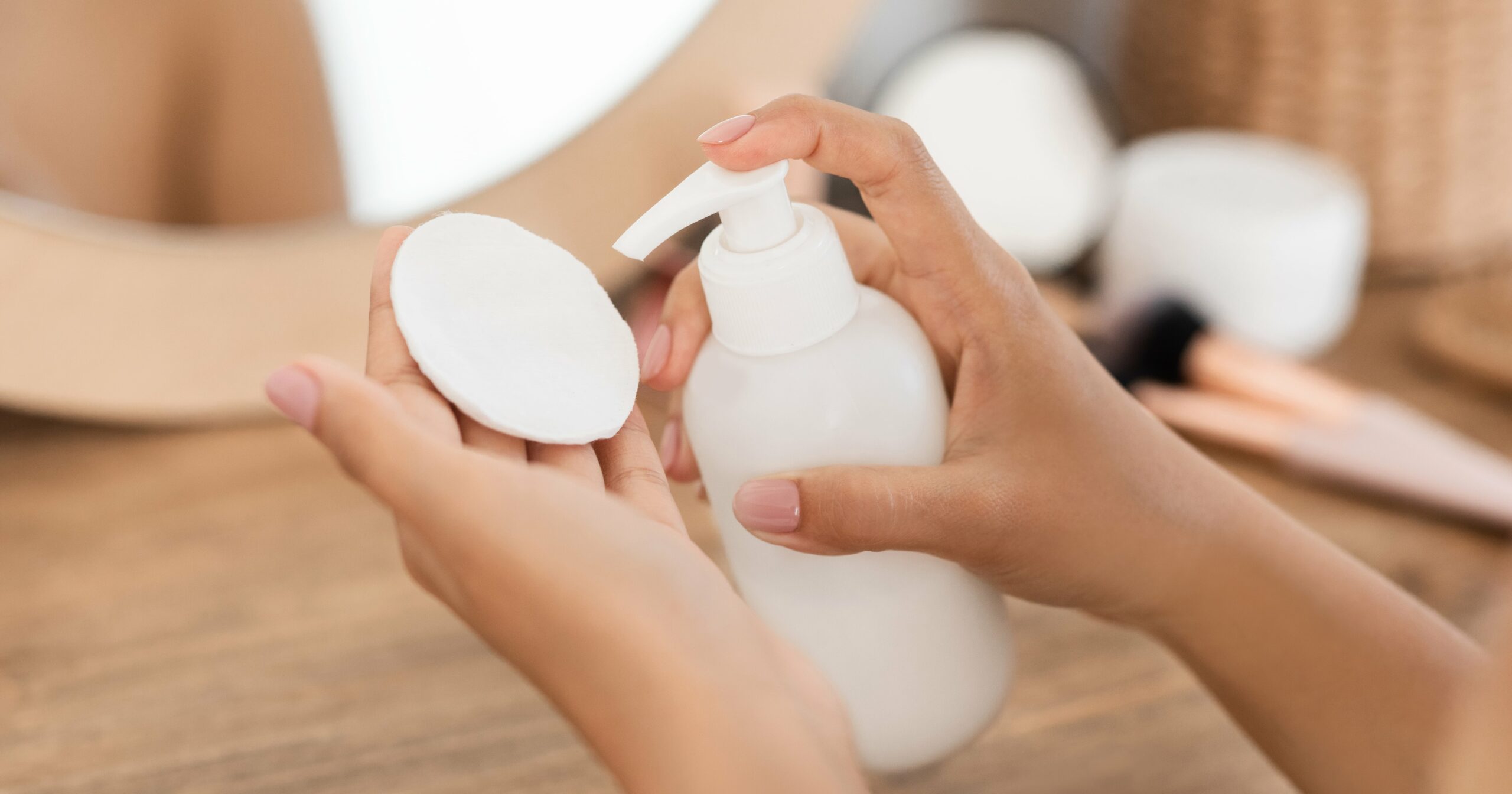There are some fundamentals to set yourself up for a good night’s sleep, including comfortable bedding, dim lighting, and a quiet atmosphere. But if you live in a noisy place or need to conk out on the go, it can be tricky to block out all the sound around you. That’s when you need earplugs.
The best earplugs for sleeping are comfortable and effective, allowing you to drift off to dreamland without being bothered by loud noises. But there are a few things to keep in mind when shopping for earplugs for sleeping, according to doctors.
Experts Featured in This Article:
Stacy Silvers, MD, is an otolaryngologist at Madison ENT.
Don Beasley, MD, is an otolaryngologist and owner of Boise ENT.
Anish V. Thakkar, AuD, is the founder and director of audiology at Los Angeles Center for Hearing and Balance.
“A soft plug is better overall than hard plugs,” both for comfort and noise-blocking ability, says Stacy Silvers, MD, an otolaryngologist at Madison ENT. You want these earplugs to fit snugly without putting too much pressure on your ears, says Don Beasley, MD, an otolaryngologist and owner of Boise ENT. “Although foam earplugs are popular for their softness, my favorite is silicone because they are usually better for those with sensitivities,” he says.
Dr. Beasley says he’s “all in” with reusable silicone earplugs that are made specifically for sleeping. “I look out for those with some customizable features, like moldable silicone or earplugs with memory foam, to really dial up both comfort and effectiveness,” he says.
There are a few caveats with earplugs, though. If you tend to produce a lot of earwax, plugs can push the wax in further, Silvers says. Also, you don’t want to get too intense with inserting the earplugs. “Anything you use in general should not be pushed too far into the ear canal,” Dr. Silvers says.
While it’s tempting to repeatedly reuse your disposable earplugs, it’s best to toss them after a few uses or whenever the instructions state, says Anish V. Thakkar, AuD, founder and director of audiology at Los Angeles Center for Hearing & Balance. “Do not use disposable plugs too many times, since they will deform over time and are more prone to pick up bacteria,” he says.
If you live in an area that’s noisy, Dr. Silvers also recommends considering a noise machine to cover the sounds you don’t want to hear. But noise machines can feel distracting to some people, making it even harder to fall asleep. If you prefer to go the earplug route, there are plenty of options. With our expert-backed criteria in hand, we rounded up the best earplugs for sleep – from Loop earplugs to those over at PQ. The road to better Zzz’s is right ahead.
